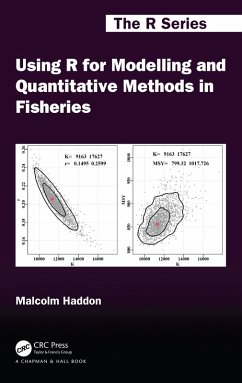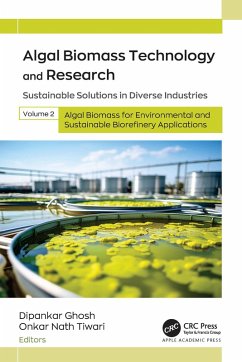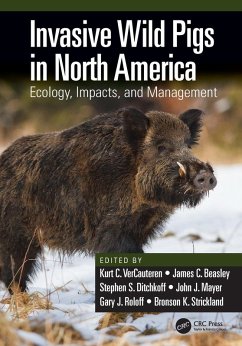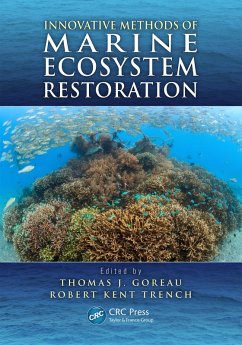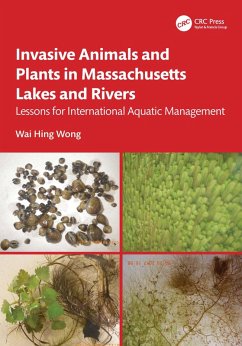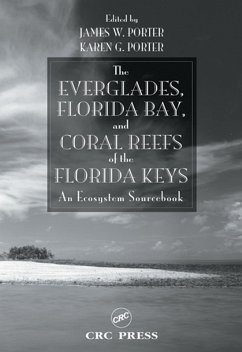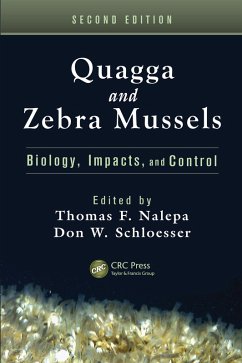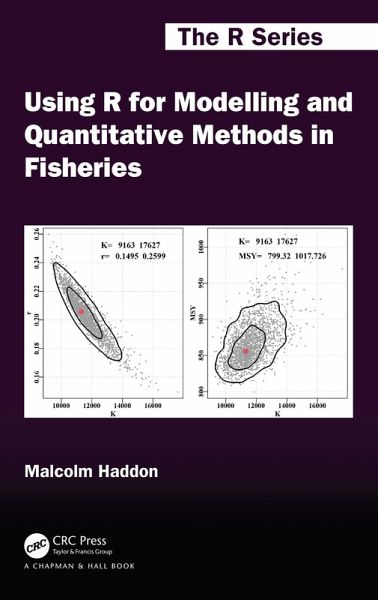
Using R for Modelling and Quantitative Methods in Fisheries (eBook, PDF)
Versandkostenfrei!
Sofort per Download lieferbar
76,95 €
inkl. MwSt.
Weitere Ausgaben:

PAYBACK Punkte
38 °P sammeln!
Using R for Modelling and Quantitative Methods in Fisheries has evolved and been adapted from an earlier book by the same author and provides a detailed introduction to analytical methods commonly used by fishery scientists, ecologists, and advanced students using the open-source software R as a programming tool. Some knowledge of R is assumed, as this is a book about using R, but an introduction to the development and working of functions, and how one can explore the contents of R functions and packages, is provided.The example analyses proceed step-by-step using code listed in the book and f...
Using R for Modelling and Quantitative Methods in Fisheries has evolved and been adapted from an earlier book by the same author and provides a detailed introduction to analytical methods commonly used by fishery scientists, ecologists, and advanced students using the open-source software R as a programming tool. Some knowledge of R is assumed, as this is a book about using R, but an introduction to the development and working of functions, and how one can explore the contents of R functions and packages, is provided.
The example analyses proceed step-by-step using code listed in the book and from the book's companion R package, MQMF, available from GitHub and the standard archive, CRAN. The examples are designed to be simple to modify so the reader can quickly adapt the methods described to use with their own data. A primary aim of the book is to be a useful resource to natural resource practitioners and students.
Featured Chapters:
The example analyses proceed step-by-step using code listed in the book and from the book's companion R package, MQMF, available from GitHub and the standard archive, CRAN. The examples are designed to be simple to modify so the reader can quickly adapt the methods described to use with their own data. A primary aim of the book is to be a useful resource to natural resource practitioners and students.
Featured Chapters:
- Model Parameter Estimation provides a detailed explanation of the requirements and steps involved in fitting models to data, using R and, mainly, maximum likelihood methods.
- On Uncertainty uses R to implement bootstrapping, likelihood profiles, asymptotic errors, and Bayesian posteriors to characterize any uncertainty in an analysis. The use of the Monte Carlo Markov Chain methodology is examined in some detail.
- Surplus Production Models applies all the methods examined in the earlier parts of the book to conducting a stock assessment. This included fitting alternative models to the available data, characterizing the uncertainty in different ways, and projecting the optimum models forward in time as the basis for providing useful management advice.
Dieser Download kann aus rechtlichen Gründen nur mit Rechnungsadresse in A, B, BG, CY, CZ, D, DK, EW, E, FIN, F, GR, HR, H, IRL, I, LT, L, LR, M, NL, PL, P, R, S, SLO, SK ausgeliefert werden.




